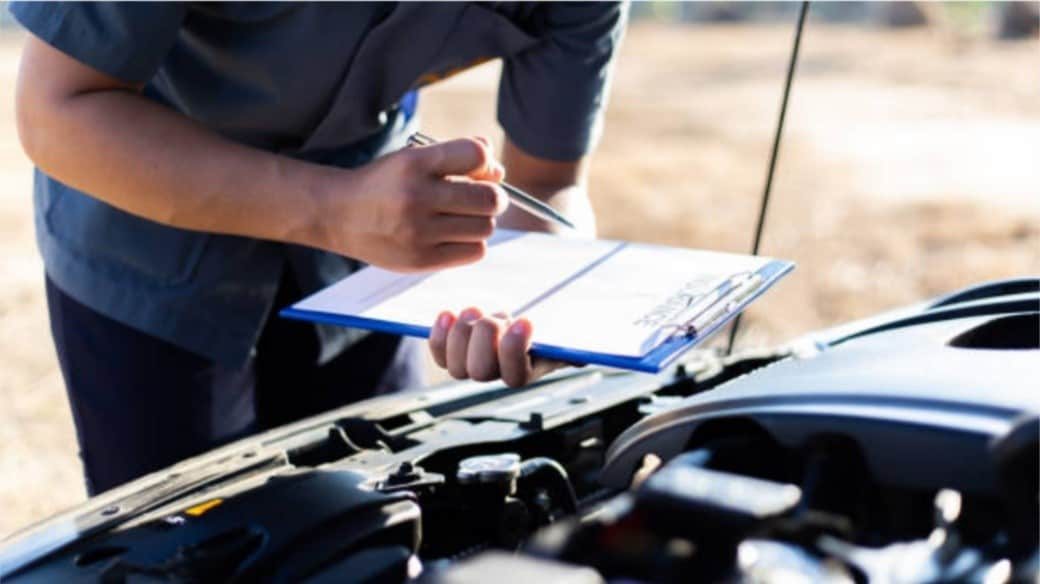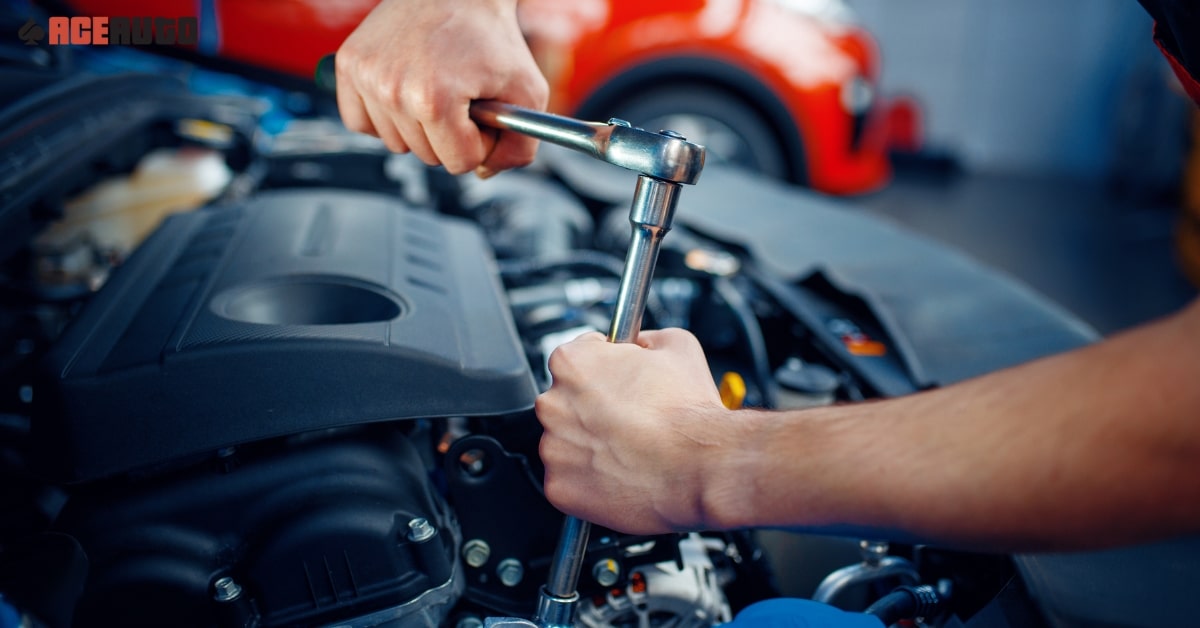All Categories
Featured

Recognizing the distinction between regular upkeep and repairs is essential to ensuring your car stays in leading condition and operates effectively throughout its life. Regular maintenance is concerning prevention and continuous care, while repair services are needed when something breaks or breakdowns.
Regular Upkeep: Stopping Future Problems. Regular maintenance includes the normal, scheduled services that keep your automobile in great functioning order and stop concerns from establishing. These jobs are developed to guarantee that all parts of your vehicle remain to work as they need to and aid preserve the automobile's reliability. Regular maintenance is normally described in your cars and truck's owner handbook, defining when to carry out certain jobs based on gas mileage or time periods.

Some examples of routine upkeep include:
Oil Changes: Oil lubricates the engine, ensuring it runs smoothly and successfully. Normal oil modifications, typically every 3,000 to 5,000 miles, assistance protect against engine wear and maintain the lorry running efficiently. Tire Rotation and Balancing: Tire rotation aids even out tire wear, while stabilizing ensures smooth handling and boosts tire long life. This should be done every 6,000 to 8,000 miles. Brake Inspections: Your car's stopping system needs regular checks to ensure the pads are in excellent condition, the fluid levels are adequate, and the rotors are operating well. Liquid Checks: Watching on crucial fluids, consisting of transmission fluid, coolant, brake fluid, and power steering liquid, aids keep the engine and various other systems running smoothly. Air Filter Substitute: The engine air filter maintains dirt and particles from entering the engine. Changing it consistently assists keep engine performance and fuel effectiveness. These maintenance tasks are precautionary in nature, developed to extend the life of your automobile and reduce the danger of malfunctions. By performing routine upkeep, you can capture small concerns before they rise into bigger, much more expensive issues.
Repair Works: Fixing Troubles That Develop. Repairs, on the various other hand, are required when a component of your lorry fails or damages down. Fixings are commonly unexpected and are required to bring back the automobile's capability and safety. Unlike routine upkeep, which is concentrated on avoidance, repair services are reactive measures taken when something breakdowns or breaks. While some fixings may be minor, others could be more intricate and costly.

Instances of usual repairs consist of:
Transmission Issues: Troubles such as slipping equipments, difficulty shifting, or unusual noises might signal a breakdown in the transmission, needing fixings or replacement. Engine Services: If the engine is misfiring, overheating, or showing various other indications of difficulty, it might need a repair or substitute of specific components like the ignition system, timing belt, or sensing units. Brake Services: If your brakes are squeaking, making grinding noises, or falling short to quit the car efficiently, you may need to change brake calipers, pads, or rotors. Battery Replacement: If the auto has difficulty beginning or the battery caution light shows up, it might be time to change the battery. Suspension and Steering Repair Services: If you experience uneven tire wear, a rough adventure, or difficulty guiding, maybe an indication that the suspension system or guiding elements require repair service. Fixings are commonly much more pricey than routine maintenance due to the fact that they involve fixing issues that could impact the cars and truck's safety or functionality. Depending upon the severity of the issue, repairs might call for customized parts and labor.
Trick Distinctions In Between Routine Maintenance and Fixings. Function: Routine upkeep aims to guarantee and avoid issues that the vehicle runs efficiently. Repair work are required to take care of problems that have currently occurred. Regularity: Maintenance jobs are executed on a routine timetable, while repair work are required when certain issues develop suddenly. Cost: Regular upkeep is normally less costly, as it includes minor checks, changes, and part substitutes. Fixings can be extra costly due to labor and components entailed in repairing damaged components. Timing: Upkeep is predictable and prepared, whereas repair services occur when something goes incorrect, often bring about more urgent interest. The Significance of Both Regular Maintenance and Repair Services. While routine maintenance is essential for decreasing the need for fixings, repair services are sometimes unpreventable. Even the best-maintained vehicles can experience wear and tear gradually. It's necessary to be positive with upkeep and address repairs promptly to guarantee your vehicle stays trustworthy and risk-free to drive.
By staying on top of regular upkeep tasks, you can decrease the threat of requiring expensive fixings. Resolving them early can aid prevent more damage and make certain that your auto proceeds to do at its ideal. when repair services are needed.
Conclusion. In summary, regular repair and maintenance are both vital components of automobile treatment. Routine maintenance helps prevent problems and ensures your car is running smoothly, while repair work are required to deal with troubles that develop all of a sudden. By stabilizing normal upkeep with prompt fixings, you can extend the life of your car and enjoy a more secure, extra reputable driving experience.
Latest Posts
Explore WyHy FCU – Top Benefits for Members
Published May 25, 25
1 min read
Find Outstanding Car Repair Care in Chicago – Quality Service Today
Published May 24, 25
1 min read
Boost Your Home's Outside with Weathercraft's Home siding Solutions
Published May 23, 25
1 min read